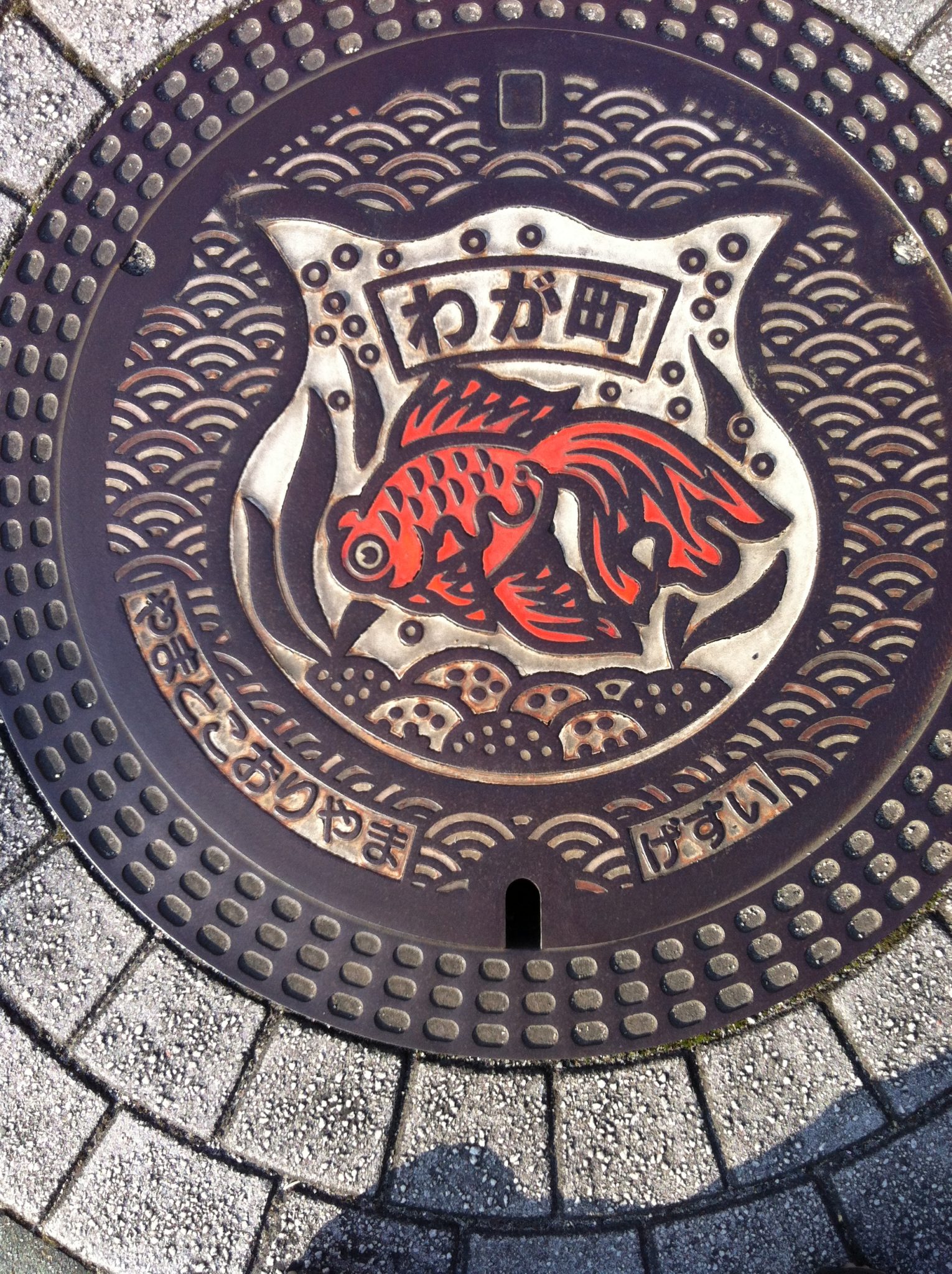 She asks me to join her for the lecture at the Japanese Studies Department.
She asks me to join her for the lecture at the Japanese Studies Department.
She says she thought it might help us understand each other better.
We’re late and get lost on the way, winding our way down little paths between brick buildings.
At last we find the right building but can’t find the room.
We ask an old man in a tweed jacket for directions.
We walk down long gray titled corridors.
The halls echo with our footsteps.
We hear voices ahead, see the small flyer taped to the door,
“Translating in Two Directions: An Evening with Jay Rubin and Motojuki Shibata.”
The small lecture room is full. We see a couple of empty chairs in the second row.
We clomp down the gray steps, squeeze by knees, step over colorful shoes to the last empty seats at the edge of the room.
I help her take off her coat.
I take off my own.
I pull up the little wood swivel desk at the side of the chair.
I pull out my white lined pad, scrounge in my backpack for a pen.
The two old men sit on stools.
Rubin has translated the novels of Haruki Murakami into English.
Motojuki Shibata has translated Rubin’s novel, The Sun Gods, into Japanese.
The less you think, the better a translator you are, Rubin begins.
Shibata nods, Indeed, translation is not hard. Translation is merely a detailed recreation of what goes on in your heart.
Rubin nods, Yes, It’s intuitive.
It’s a mystery to be in a relationship with someone whose first language is another language. It’s a wonder to be in a relationship with someone who comes from another culture, another world.
The other day, we had just left a play.
I said, What did you think?
She said, I didn’t get it.
I thought, I bet she doesn’t understand 90% of what I say. I bet she hasn’t understood a thing I’ve been talking about all this time.
Later, I asked her about the play again. I asked her what she didn’t understand.
She told me she didn’t understand the strong Southern dialect.
She told me she missed some of the words.
Then she told me what the play was about.
She told me how all the characters were afraid. She told me how none of them could understand each other. She told me about things in the play I had missed and never seen.
Here, in the lecture hall, someone asks a question at the back of the room.
I turn to see who’s talking.
Almost everyone in the room is Japanese. There are only a few other white faces here.
I didn’t notice that almost everyone was Japanese when we came in.
When we hurried in late all I saw was the back of many black haired heads.
I remember last January on the first morning in Japan, I ran around looking for forks. Then I remembered, I’m in Japan, and that container of things that I’d mistaken as pencils were in fact chopsticks.
Oh, yeah, I laughed aloud, Japan.
No forks, chopsticks.
I have traveled to many strange places around the world.
I have never traveled to as strange a place as Japan.
A place where every little thing you do is ringed with ritual – greetings and goodbyes, the beginning and ending of a meal. Bows and blessings, palms resting gently together.
The otherness pervades every aspect of life.
I learned to take a shower sitting on a little stool and use a little blue towel to scrub myself clean.
I learned how to eat sushi and sashimi, shabu shabu, yakitori, and floating tofu. I tasted many things I had never tasted before, an immense variety of textures and tastes.
Over my week in Japan, I eventually stopped looking for forks.
I quieted my longing for the familiar and let the strangeness of Japan speak to me.
I learned to embrace the uncomfortable wonder of being in another world where life in every detail is constructed differently.
One morning, for the New Year ritual, she knelt before the little altar for her ancestors in her family home.
She lit the incense stick, rang a bell, bowed.
Then we bustled off for Sunday morning worship at her Anglican Church built in the design of a Buddhist temple.
After church, we visited a Buddhist temple.
She showed me how to wash my hands, rinse my mouth using the bamboo ladle at the entrance to the temple.
We walked through parks and temple grounds. She pointed out the green of the pine trees, the blooming pink camellias, the plum and cherry trees that will blossom in other seasons. For everything, a season. For every season, a flowering. In everything the natural world is intertwined.
“What do you smell?” she asked as we walked through a dark concrete underpass below the roadway.
“Nothing” I replied.
“Exactly,” she said. “Nothing. No smell. This is what I miss about Japan.”
The city streets packed, the trains full and everything is quiet.
So quiet. No loud voices, or honking horns.
No angry fists raised from the white gloved taxi drivers.
No blasting music from the stores on the street.
Quiet. So quiet.
Once in a while, a little white ambulance passed. It had a pleasant little siren. The little microphone on the roof announced which way the ambulance turned.
In my week in Japan, I learned to say hardly a word.
I learned to bow, to bow again and again to all of the wonder.
On our last day, she visited her mother’s grave.
She bowed at the entrance to the cemetery.
Drew two buckets of water and a scrub brush and washed the grave.
Gathered leaves and pulled weeds and took them to the place where they will be burned.
Scattered water on ancient graves for those whose names have long been lost.
Bowed again.
I know the longing that we might speak the same common language, laugh at the same jokes, love the same food, understand the plays we attend in the same way. And I am learning the wonder of the strangeness, the otherness between us.
Recently, I officiated at a wedding for a young couple.
I was reminded again how weddings are often full of the language of “two becoming one”, one heart, one mind.
I wondered if it every really happens.
Perhaps we are all mysteries to each other and will remain so. Perhaps no amount of common life, shared experiences or mutual understanding can remove our “strangeness” from each other.
Perhaps yes, the hope of marriage, as with all of our relationships, is not to remove the “otherness” but to learn instead to live with it, be curious about it, and try to love it, the “otherness”, the “strangeness” in each other. (Arthur McGill, “Dying Unto Life: Arthur McGill on New God, New Death, New Life”, edited by David Cain, Cascade Books, 2013, pp. 143-45.)
The lecture is over.
I have been scribbling notes and drawing pictures.
I have been thinking of many things.
I put down my little desk.
Tuck my pad and pen into my backpack.
We rise to leave.
I wonder what she heard.
I wonder what she understood that I did not.
I help her put on her coat. I put on my own.
We greet friends. She bows. I shake hands.
Maybe translation is not so hard after all.
Maybe it’s more like a dance, like a play, like the imagination that inspires the drawing of a picture, the writing of a poem.
Maybe it’s the detailed recreation of what goes on in our hearts.
We take hands, walk out into the night to find our way home.



























A lovely love poem…thank you for sharing and bringing us all closer to each other. All is well with me. Irene
LikeLike
Irene – so good to hear from you! I keep you close in my heart and hopefulness!
Peter
LikeLike
Thank you for bringing me with you as you translate love intuitively.
LikeLike
Thanks Mary!
Peter
LikeLike
Peter,
Thanks for sharing this poem. I am reminded of my attending a college in the mid south. In the sixties things were foreign to me there. Separate water fountains for whites and colored, totally white classmates, strict voting regulations. I was the Yankee in their midst
Granted that i am a little slower than most, , I learned to assimilate and things seemed to slow down for me. Or was it that i had met a wonderful girl and accepting family that took me in as if I were part of the family. .
Your intuitive friend. Wes
LikeLike
Wes – thanks so much! I really appreciated your own reflection on doing this journey with difference – and the ways that yes, personal connections and acceptance can be transformative!
Peter
LikeLike